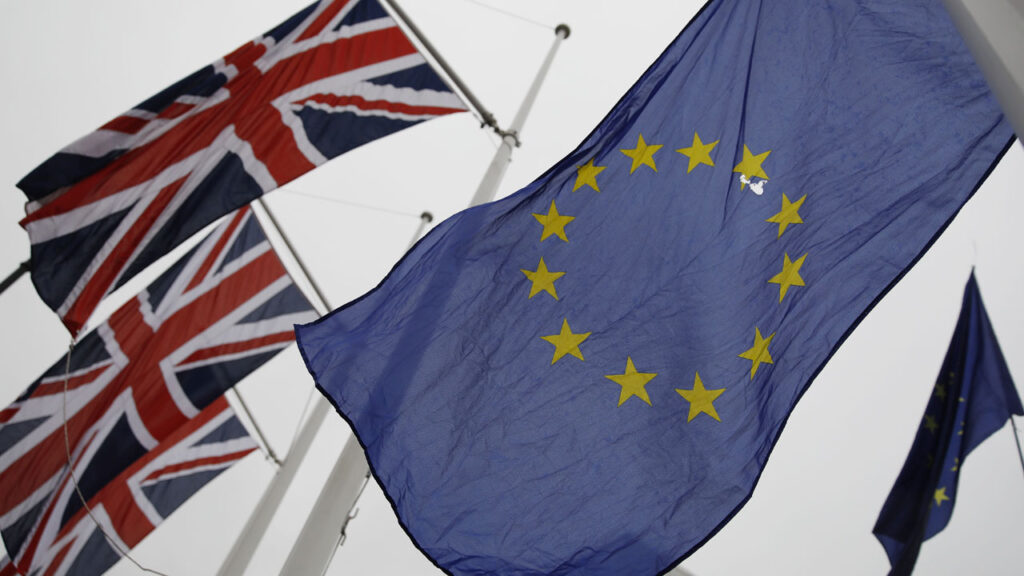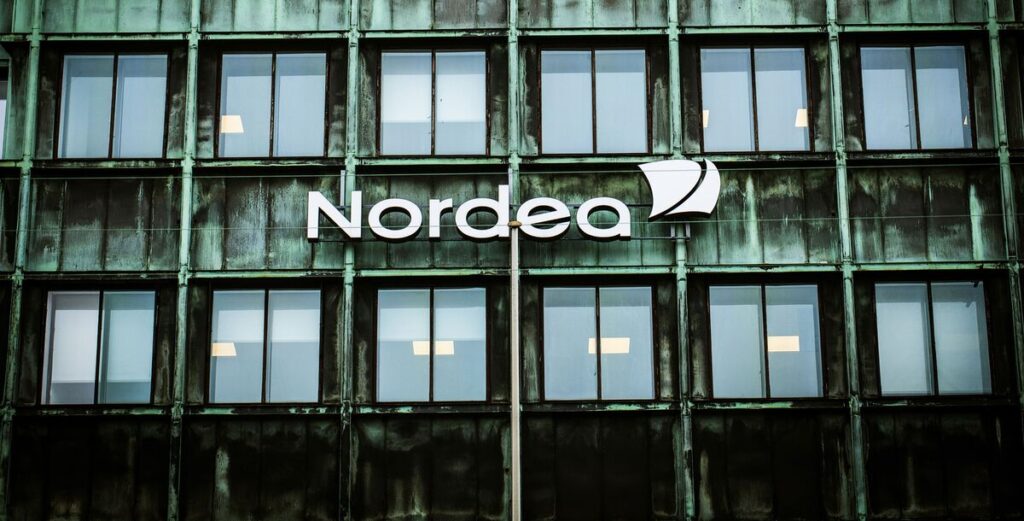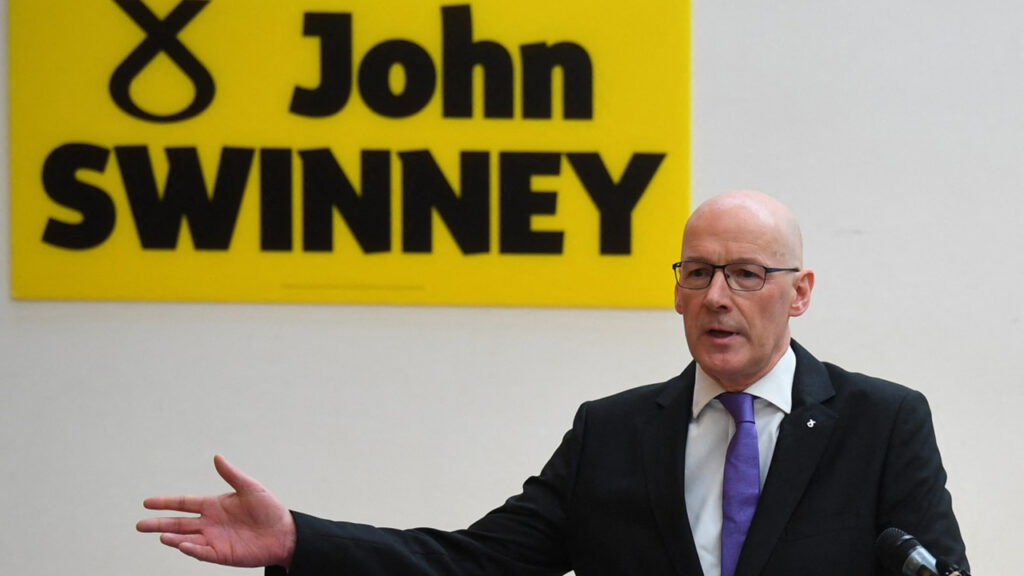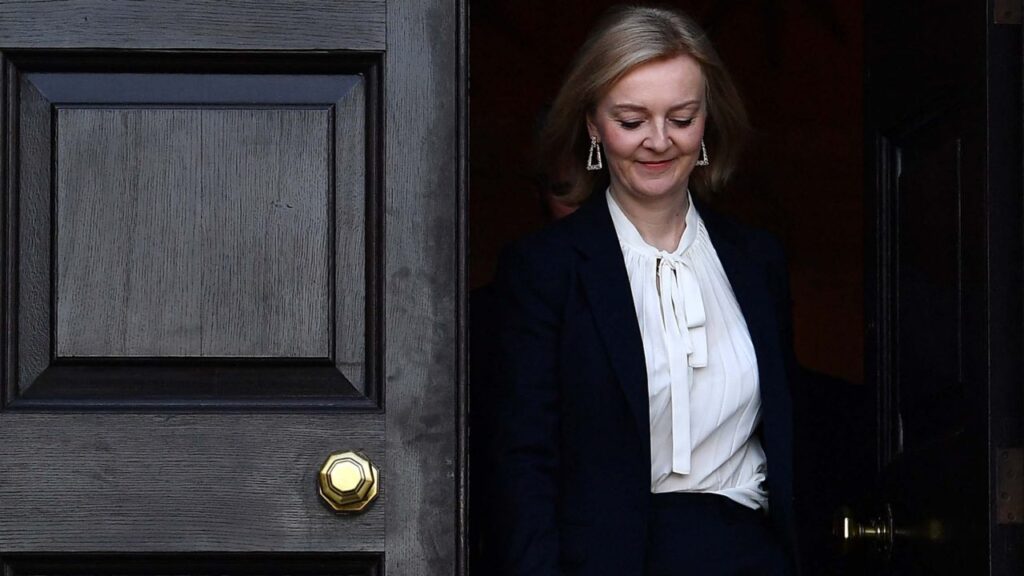
Britain’s trade with the European Union has been dented by Brexit, with businesses facing greater costs, paperwork and border delays since the UK’s full withdrawal, a watchdog panel of MPs said Wednesday.
A report by the cross-party Public Accounts Committee found that although it was difficult to disentangle the effects of the pandemic from those of Brexit, “it was clear that EU exit has had an impact”.
It concluded the “only detectable impact” of the UK withdrawal from the EU’s single market and customs union at the start of last year was increased burdens on businesses.
“New border arrangements have added costs to business,” the report said, noting the government has “much more work” to do to ease the woes suffered by firms.
The committee’s scathing verdict contrasts with the upbeat picture painted by Brexit proponents such as Prime Minister Boris Johnson ahead of the 2016 referendum on EU membership.
The UK narrowly voted to leave after nearly five decades inside the club — now comprised of 27 countries — sparking several years of political upheaval.
Since Britain formally departed the bloc in January 2020 and then ended a transition period 11 months later, Johnson has proclaimed Brexit’s benefits, touting the ability to rewrite immigration laws and ink independent trade deals.
But in an apparent sign of some of the difficulties adjusting to life outside the bloc, Johnson on Tuesday appointed prominent Eurosceptic MP Jacob Rees-Mogg in a newly-created post of “minister for Brexit opportunities and government efficiency”.
It was part of a minor reshuffle of his ministers.
‘Increased costs’
This year trucks have faced queues of up to six miles (10 kilometres) on the approach to the English port of Dover — Europe’s busiest for roll-on, roll-off freight — with lines also reported in northern France.
The delay has been attributed to several factors, including the UK government implementing further customs controls at the start of January.
It prompted a leading UK freight lobby group to urge the British and French governments to hold talks to ease the backups at Channel ports.
In its report, the Public Accounts Committee warned they could worsen once passenger numbers return to normal as expected later this year.
It noted new border arrangements will be implemented in the summer, while all the systems have not yet been tested at pre-pandemic traffic levels.
“One of the great promises of Brexit was freeing British businesses,” said committee chair Meg Hillier MP.
“Yet the only detectable impact so far is increased costs, paperwork and border delays.”
The British Chambers of Commerce (BCC) said the report reflected the “lived experiences” of more than 1,000 small- and medium-sized firms trading with the EU.
“The risk of outbound delays on good movements could well persist and must be averted in plenty of time before the autumn,” said William Bain, its head of the trade policy.













